Okay, buckle up, parents! Trying to figure out your teen’s future career path can feel like assembling IKEA furniture in the dark while a toddler explains string theory. You know it’s important, you have some of the pieces, but the instructions are… abstract. The world of work is getting a glow-up, thanks to tech that’s evolving faster than fashion trends. But don’t panic-buy a “Learn to Code in Your Sleep” kit just yet. Let’s unpack this, Hotelemarketer style – clear, maybe a little quirky, and hopefully more enlightening than that IKEA manual.
Think of us as your friendly hotel concierges for the Future of Work. We’ve got the maps (lots of deep research), and we’re here to point out the landmarks, the cool detours, and the places where you might want to pack an extra protein bar.
So, What’s the Big Deal with Work Anyway?
(Hint: It’s Changing. A Lot.)
Remember when a “computer” took up a whole room? Now, your teen probably has more processing power in their pocket than NASA had for the moon landing. That same breakneck speed of change is hitting the job market.
The Human-Robot Tango: Who Leads?
First off, robots aren’t staging a full-on workplace coup. It’s more like they’re becoming really good dance partners. By 2027, machines are expected to handle about 43% of work tasks, up from 34% in 2022. That means humans will still be leading the dance for 57% of tasks. The steps are just getting fancier, and we need to learn them.
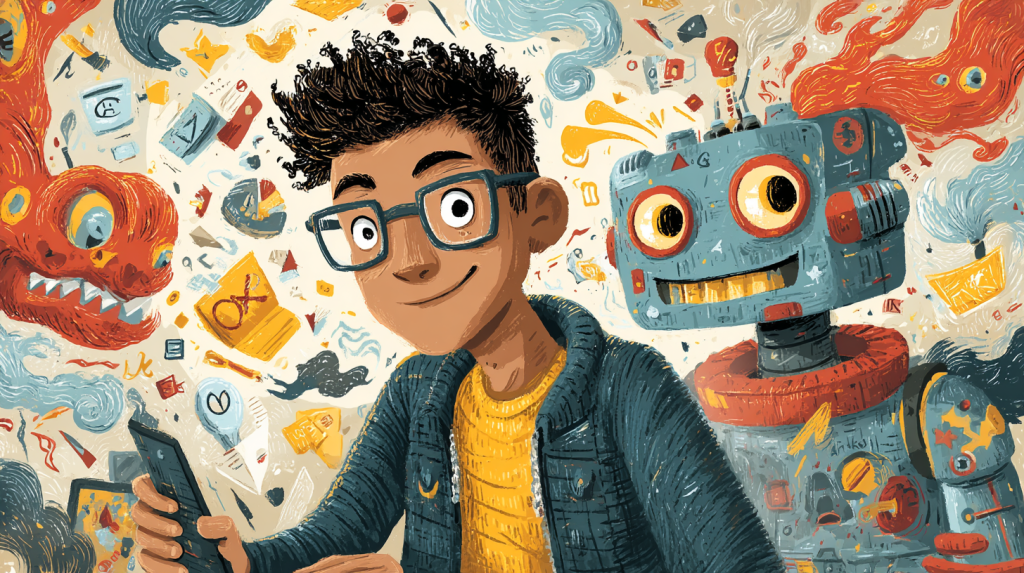
Jobs Taking a Long Nap (Or Maybe Retiring to Florida):
Some jobs, especially those that are as repetitive as a a kid asking “Are we there yet?”, are likely to see a decline.
- Data Entry Clerks & Admin Champs: Software is getting super smart at this stuff.
- Retail Cashiers: You’ve seen the self-checkouts. They’re multiplying.
- Telemarketers: AI can now chat about your car’s extended warranty with surprising politeness.
- Assembly Line All-Stars (for some tasks): Robots are pretty good at putting Tab A into Slot B, consistently.
- Long-Haul Truck Drivers (eventually?): Self-driving tech is still wrestling with the scenic route of regulations and real-world weirdness, but it’s on the horizon.
The key here isn’t “OMG, NO JOBS!” but “Okay, the job description is evolving.”

Hot Off the Press: Tomorrow’s Job Market Blueprints!
This is where it gets exciting – like discovering a secret level in a video game. For every task technology takes over, it often kicks open the door for entirely new ways for humans to be brilliant.
The AI Economy: Where Brains (and Algorithms) Collide.
Think of AI as a new natural resource, like electricity, running water or Wi-Fi. A whole ecosystem is sprouting around it:
- AI Ethics Officers & Governance Gurus: Someone needs to make sure AI doesn’t become a digital Skynet. These folks are the philosophers and rule-makers of the AI world, ensuring fairness and transparency. It’s like being a UN ambassador, but for algorithms.
- AI Trainers & Data Curators: AI is a hungry learner, and it needs good quality data snacks. These are the personal trainers and Michelin-star chefs for AI models, making sure they learn the right stuff and don’t develop weird biases.
- AI Interaction Designers (UX for AI): If talking to your AI feels like arguing with a stubborn vending machine, these are the folks who fix that. They make AI tools user-friendly and intuitive.
- Prompt Engineers: Think of Prompt Engineers as the folks who know the secret handshake to get AI language models to spill their best secrets or write Shakespearean sonnets about Mars rovers. While AI is getting smarter at understanding plain English (meaning not everyone will need this job title), there’ll likely always be a need for specialists who can artfully nudge these digital brains to perform truly complex or groundbreaking feats, much like a race car driver pushes a car to its absolute limits.

Robots Get an Upgrade: From Factory Floor to Your Front Door (Maybe)
Robots are becoming less “caged automaton” and more “helpful sidekick.”
- Human-Robot Teaming Coordinators: Imagine a construction site or a hospital where humans and robots work seamlessly. These are the choreographers of that complex dance, focusing on safety and efficiency.
- Drone Fleet Managers: Someone’s got to manage all those buzzing delivery drones, agricultural surveyors, and infrastructure inspectors. It’s like air traffic control, but for things carrying packages or checking on crops.
The Bio-Nano-Quantum League of Extraordinary Innovation:
This is where science gets really wild, and the job titles sound like they’re from a Marvel movie.
- Gene Editing Specialists (CRISPR Wizards): Rewriting the code of life to cure diseases or create drought-resistant crops. Ethical debates included, free of charge!
- Synthetic Biology Engineers: Designing brand-new biological systems, like bacteria that eat plastic or create biofuels. It’s like being a genetic architect.
- Personalized Medicine Bioinformaticians: Using your unique genetic code and lifestyle data (plus AI) to create tailor-made health plans and treatments. Your own personal health algorithm!
- Cellular Agriculturists (Lab-Grown Food Chefs): Growing real meat or other animal products from cells, without the farm. Sustainable and, potentially, very tasty.
- Nanomaterials Scientists & Nanomedical Engineers: Working with materials on an atomic scale to create super-strong composites, tiny medical robots for targeted drug delivery, or ultra-efficient sensors.
- Quantum Computing Pioneers (Still Loading…): While it’s still early days, the race is on to build computers that can solve problems currently impossible for even the beefiest supercomputers. This will eventually need Quantum Algorithm Developers, Software Engineers, Hardware Engineers, and Security Specialists to make it all work and keep it safe. Think of them as the inventors of a whole new kind of thinking machine.
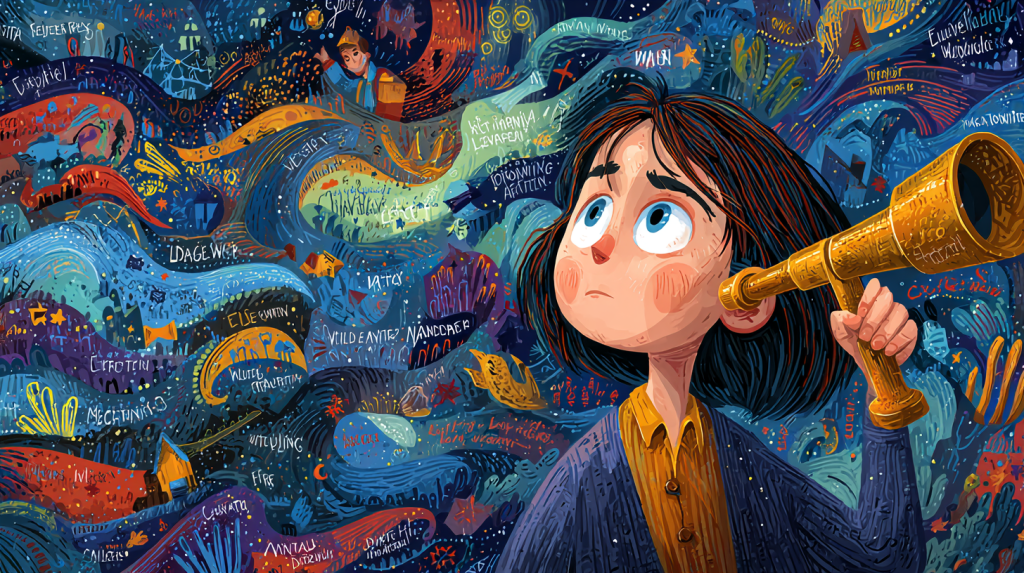
Planet Protectors & Society Shapers:
Some of the most critical new roles will be about making the world better.
- Climate Change Adaptation Planners: Helping cities and communities prepare for the effects of climate change – from rising sea levels to extreme weather.
- Renewable Energy System Integrators: Designing and managing the smart grids and systems that will power our future with clean energy.
- Circular Economy Strategists: Figuring out how to turn waste into resources and create business models where nothing (or very little) gets thrown away. Trash to treasure, on an industrial scale!
The “Human Touch” Brigade: Because Some Things Can’t Be Coded
As tech handles more routine stuff, uniquely human skills become even more valuable.
- Empathy-Driven Service Providers: Think super-skilled customer service for complex issues, elder care that’s truly caring, or financial advice that understands your life, not just your numbers.
- Creativity Coaches & Innovation Facilitators: Helping people and companies think outside the box and come up with brilliant new ideas.
- Digital Well-being Advisors: Helping us all manage “technostress” and find a healthy balance with our devices. Yes, a coach for your screen habits!
Gearing Up Your Teen: The Everyday Training Montage
So, how do you prepare your teen for a future that sounds like a sci-fi convention job fair? It’s less about picking one job and more about building a versatile “skill toolkit.”
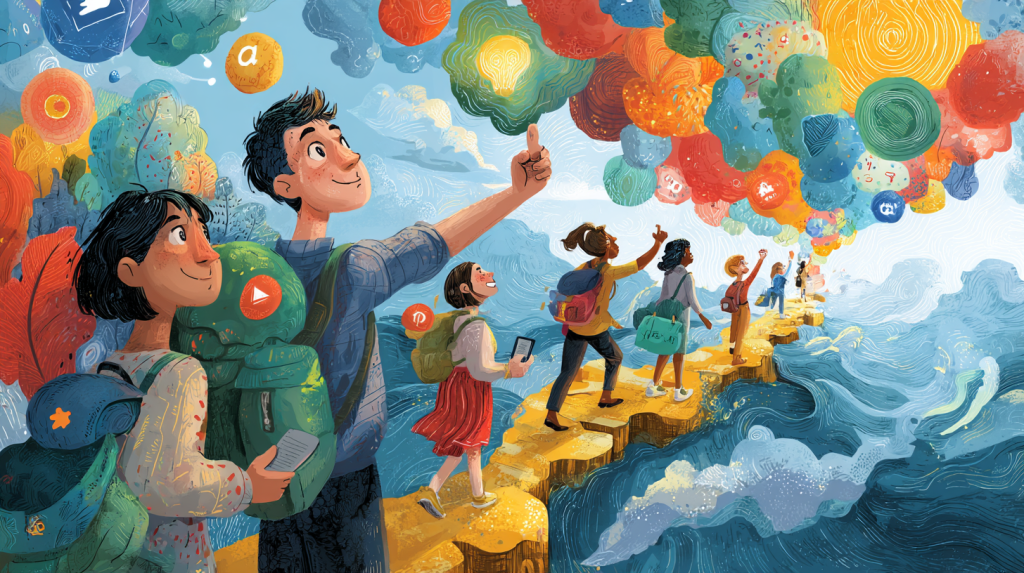
The Lifelong Learner Starter Pack (It’s a Subscription, Not a One-Off Purchase)
The idea that learning stops after graduation is as outdated as a floppy disk.
- Daily Dose of Different: Encourage them to spend 20 minutes a day reading or watching something completely unrelated to their favorite influencer or game. A documentary on deep-sea vents? An article on ancient Roman plumbing? Yes, please! It builds mental flexibility.
- “Podcast University”: Turn chore time or commutes into learning opportunities with engaging podcasts on science, history, economics, or even well-produced fiction.
- Family “Curiosity Challenges”: Once a month, pick a weird question (“Why is the sky blue, really?”) and dive down the research rabbit hole together. Who can explain it best using only emojis and a sock puppet?
Level Up Those Human Superpowers:
These are the skills AI is still trying to figure out in its digital dreams.
Critical Thinking & Problem-Solving (aka “Mental MacGyver”):
- “Dinner Table Debates”: Pick a (non-family-feud-inducing) topic and have everyone argue a side, even if they don’t agree with it. Builds argumentation and perspective-taking.
- Escape Rooms (DIY or Actual): Great for collaborative problem-solving under pressure. Or try complex board games like “Pandemic” where you have to work together.
- The “Explain It To Me Like I’m Five” Challenge: Can they explain a complex concept (photosynthesis, how the internet works) simply and clearly? Great for understanding and communication.
Creativity & Innovation (aka “The Idea Factory”):
- “Bad Idea Brainstorm”: Set a timer for 5 minutes and have everyone shout out the worst, most ridiculous solutions to a simple problem (e.g., how to get a cat out of a tree). It frees up creative thinking by removing the pressure of being “right.”
- “Mash-Up Mayhem”: Take two unrelated things (e.g., a toaster and a skateboard) and get them to invent a new product that combines them. Bonus points for a catchy name and jingle.
- Doodle, Build, Write, Compose: Encourage any form of creative expression, even if it’s just making weird sculptures out of marshmallows.
Emotional Intelligence & Communication (aka “People Skills That Pay the Bills”):
- “Movie Character Therapy”: Watch a scene from a movie and discuss what the characters are really feeling and why they’re acting that way.
- Practice Active Listening: When they’re talking, really listen. Then, try summarizing what they said before you respond. “So, if I understand you correctly, the alien overlords demand more pizza?”
- Volunteer: Interacting with different types of people in real-world situations is invaluable for building empathy.
Decoding the Digital World (Without Becoming a Robot):
- “Algorithm Detectives”: Ask them why they think TikTok or YouTube showed them a particular video. How is their feed being shaped?
- “Privacy Ninjas”: Go through app permissions together. Does that flashlight app really need access to their contacts?
- AI Co-Pilots: Use AI tools for fun projects. Ask an AI image generator to create a picture of “a cat riding a unicorn on Mars.” Then, ask your teen to write a story about it. It’s about using AI as a creative partner, not a replacement.
The Screen Time Saga: Turning “Wasted Time” into “Future Skills”
Ah, screens. The source of endless parental sighs. But what if some of that screen time, channeled correctly, is actually accidental job training?
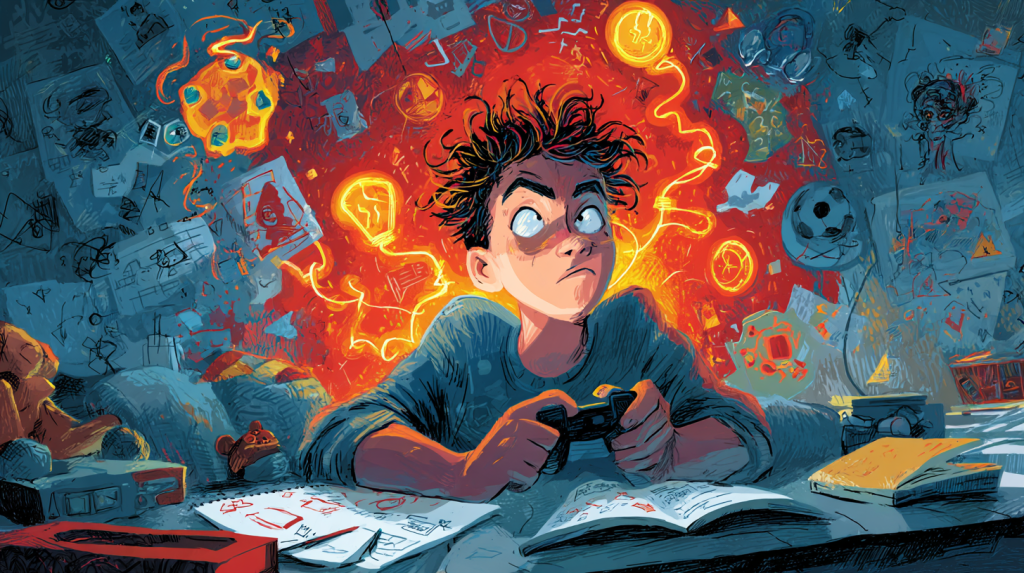
From Gamer to Game Changer:
- Strategic Thinking & Teamwork: Those complex multiplayer games? They’re often teaching problem-solving, resource management, quick decision-making, and how to work with a (sometimes frustratingly anonymous) team. Chat about the strategies they used. How did they lead? How did they adapt when things went sideways?
- World-Building & Storytelling: Many games have rich narratives and allow players to build and customize. This can spark interest in creative writing, design, or even coding if they start “modding” (modifying) games.
Social Media Butterfly to Digital Dynamo:
- Content Creation & Branding: Making TikToks or YouTube videos? They’re learning about video editing, storytelling for an audience, and even personal branding. Talk about what makes content engaging or responsible. These are real skills in marketing and media.
- Community Management: Running a fan page or a Discord server? That’s experience in communication, moderation, and even event planning.
The trick is to help them see the skills behind the fun and think about how those skills could be used in other ways. It’s about shifting from passive consumption to active, thoughtful creation and interaction. (And yes, still setting some healthy limits – even future AI ethicists need to sleep.)
The Big Reveal: More Than Just a Paycheck
Here’s the really cool part: this whole upheaval isn’t just about new job titles. It’s a chance for work to become more interesting, more creative, and more focused on things that genuinely matter. The World Economic Forum actually projects a net gain of 78 million jobs by 2030.
As AI and automation handle more of the grunt work, we humans get to focus on the stuff that requires our unique brains and hearts: solving complex problems, innovating, connecting with each other, and tackling big global challenges like climate change or health. There’s even talk of a “Purpose Economy,” where more value is placed on work that contributes to societal well-being.
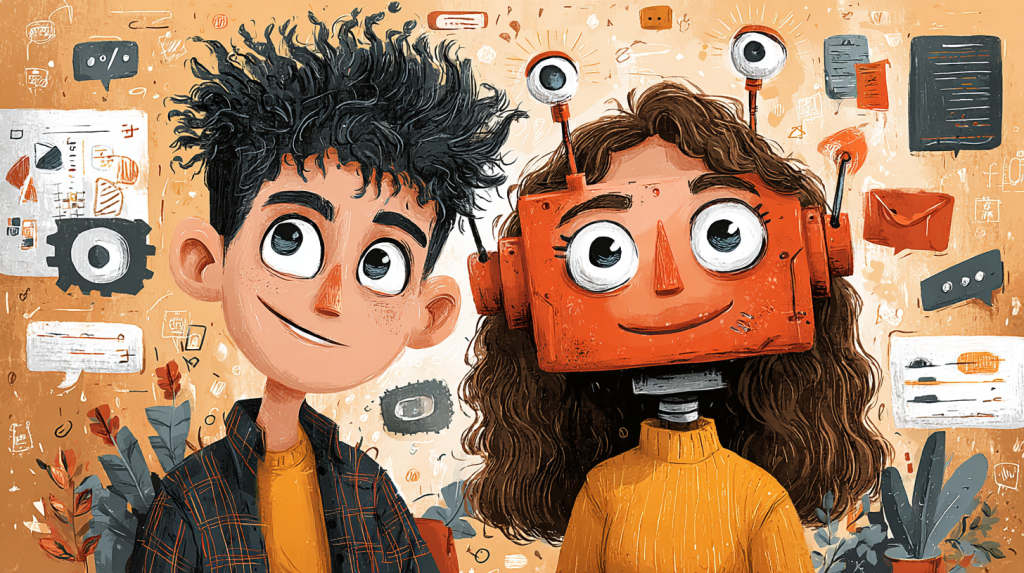
Your Mission, Should You Choose to Accept It…
Alright, parents, you’ve got the briefing. The future of work is less a terrifying void and more an unwritten adventure story. Your teen is the main character. Your role? To be the awesome mentor who helps them pack their backpack with curiosity, resilience, a willingness to learn, and a good sense of humor.
Forget asking, “What do you want to be when you grow up?” Start asking, “What problems do you want to solve? What are you curious about? What kind of impact do you want to make?”
The future isn’t just coming; we’re all building it, one smart, funny, and slightly caffeinated step at a time. Now go have some fun with it!
Sources: Parts of this story were inspired from deep research conducted using ChatGPT, Google Gemini and Grok.
